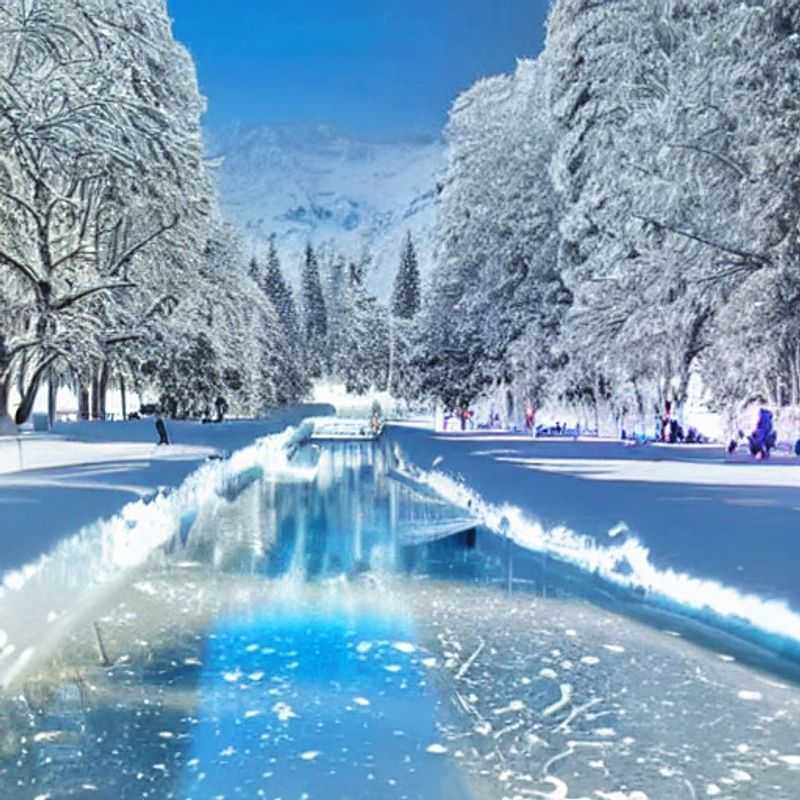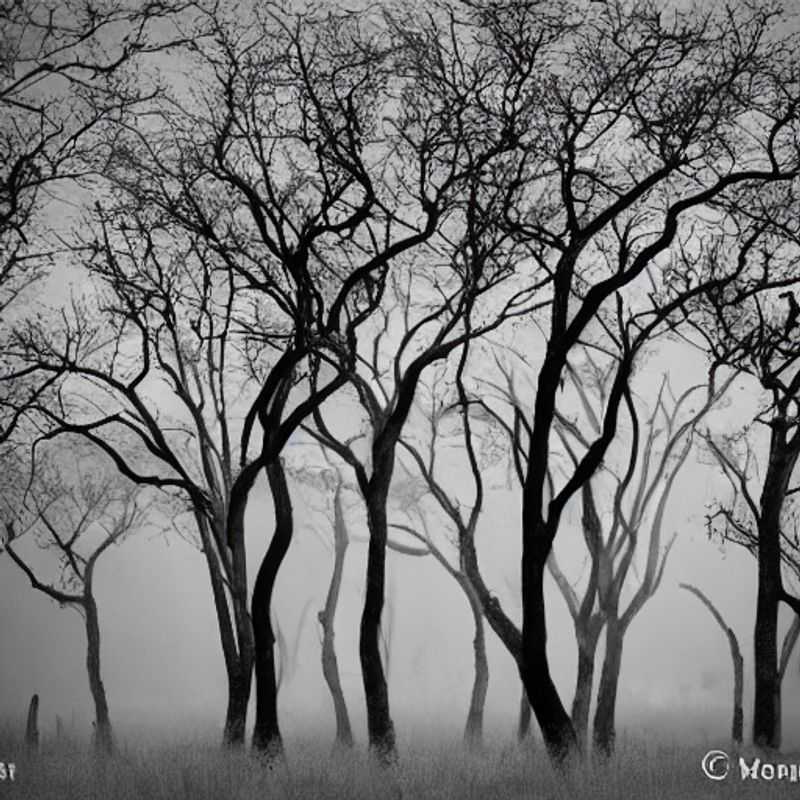Kruger's Insta-Worthy Luxury: Top 4 Spots for the Festivalgoer's Feed!

Kruger National Park Safety in 2026: Your South Africa Travel Guide
Planning a trip to Kruger National Park in 2026? You're likely wondering about its safety. Kruger National Park is generally considered a very safe destination for tourists, with robust security measures in place to protect visitors. The South African National Parks (SANParks) agency works diligently to ensure a positive and secure experience.
While crime can occur anywhere, tourist areas within Kruger are heavily patrolled. Visitors are advised to follow standard safety precautions, such as keeping valuables out of sight and locking vehicle doors, especially when in rest camps or at popular viewing spots. Never leave your vehicle unattended.
Regarding wildlife, the biggest "danger" in Kruger comes from the animals themselves. Always maintain a safe distance from all wildlife. Never feed any animals, as this can lead to dangerous interactions and harm the animals. Stay within designated roads and viewing areas and always adhere to the advice of park rangers. Driving at night outside of authorized times is strongly discouraged due to increased wildlife activity and potential safety risks.
When it comes to your well-being, it's advisable to check with your doctor about necessary vaccinations or malaria precautions, depending on the specific region of the park you plan to visit and the time of year. Tap water in rest camps is generally safe to drink, but bottled water is readily available if you prefer.
In summary, with responsible behavior and by following park guidelines, visiting Kruger National Park in 2026 offers a safe and unforgettable wildlife adventure. Preparation and awareness are key to ensuring a secure and enjoyable safari experience.

You may also like
Kruger's Coolest Spots: Instagram-Worthy Winter Wonders (for the Festival Soul!)
Winter in Kruger: Average Temps, Snow (?), & Social Media Gold
Skiing in Kruger? Nope. But Epic Winter Adventures Await!
Kruger on a Budget: Winter's Wallet-Friendly Safari
Beat the Crowds: A Winter Guide to Kruger's Hidden Gems
Getting Around Kruger in Winter: Smooth Safaris & Scenic Drives
Festive Fun in Kruger: Winter Events & Festivals
Chilly Thrills: Is a Kruger Winter Safari Right for You?
Winter Safari Warnings: Avoiding Flight Delays & Other Hiccups
Jambo, fellow adventurers! Planning a Kruger National Park family safari during the shoulder season between winter and spring? Excellent choice! You're in for a treat. Forget snow; we're talking sunny days with crisp mornings and evenings. Average temperatures hover around a pleasant 15-25°C (59-77°F), perfect for game drives without the scorching summer heat. Snow? Not a chance! Kruger's a tropical savanna, my friends.
Skiing, snowboarding, and ice skating? Sadly, Kruger's not your snowy wonderland. Instead, picture this: early morning game drives in open jeeps, the air crisp and cool, watching majestic elephants bathe in the watering holes. That's the Kruger winter adventure!
Cost-wise, you're looking at a variable budget depending on your style. Accommodation can range from budget-friendly campsites (around $30-$50 per night) to luxurious lodges ($300-$1000+ per night). Park entry fees are reasonable, around $20-$30 per person per day. Game drives typically cost $50-$100 per person, and food can vary from self-catering (budgeting $20-$40 per person per day for groceries) to dining at lodges ($50-$150 per person per meal). Remember, flights and travel to the park aren't included. A family of four, with mid-range accommodation and activities, could expect to pay approximately $3000-$5000 for a week-long trip, excluding flights. This is a rough estimate, and it can vary significantly.
Crowd levels are generally lower during the shoulder season than peak summer, making for a more intimate wildlife experience. It's still a popular destination, so booking in advance is crucial. Transportation within the park is excellent; the roads are well-maintained, though self-drive is recommended for greater flexibility. Rental cars are readily available at airports.
Winter-specific events? Not many formal festivals, but the wildlife behavior is a show in itself. Think fewer insects, clearer views, and animals gathering around water sources. It's a magical time. Personal preferences play a big role. If you love hiking, wildlife photography, and comfortable temperatures, this is perfect. If you need snow and ice, this isn't your trip.
Weather disruptions are rare but possible. Rainy season is typically November to April. Check forecasts before your trip, but generally, the chances of major disruptions are low in the shoulder season. Enjoy the sounds of nature, the sights of wildlife and the taste of the local cuisine. You'll also enjoy observing traditional ceremonies of the local communities around the park.
Local cuisine is a mix of South African and international flavors, with braais (barbecues) a must-try experience. Enjoy biltong (cured meat), bobotie (minced meat bake), and pap (cornmeal porridge). Architecture varies depending on location; from colonial-era buildings in towns to modern lodges in the park. The mood is generally relaxed and friendly, both among tourists and locals.
Remember: this is a guide, and your exact costs will depend on your choices. Always book accommodations and activities in advance, especially during peak seasons. Pack light clothing, sunscreen, insect repellent, and a good pair of binoculars! Have a fantastic and safe trip!

You may also like
Kruger 2026: Backpacking Bliss or Battle? Discover the Challenges & Rewards
Backpacking in Kruger National Park in 2026 presents a unique blend of challenges and rewards for the intrepid traveler. The primary challenge lies in planning and logistics, particularly when aiming for the more remote wilderness camps. Securing bookings well in advance, especially for peak season, is crucial, as is understanding the park's transport options. While self-driving offers flexibility, relying on park shuttles or private transfers to remote locations can be expensive and have limited schedules, requiring meticulous itinerary crafting. Another significant challenge is self-sufficiency. Unlike fully serviced lodges, backpackers in Kruger often need to carry their own food, water, and camping gear, especially in the bushveld camps. This means careful packing and consideration for refrigeration and cooking facilities.
However, the rewards are immense and far outweigh the difficulties. The sheer unparalleled wildlife viewing is the star attraction. Kruger offers an incredible chance to see the Big Five and a dazzling array of other animals in their natural habitat, often at incredibly close and intimate distances that are rare in more commercialized parks. The affordability of basic accommodation like camping sites and rustic chalets makes Kruger a far more accessible wildlife experience for budget-conscious backpackers compared to many international safaris. Furthermore, the opportunity to experience the African bush at your own pace, waking to the sounds of the wild and spending evenings under a canopy of stars, offers a deeply immersive and transformative connection with nature. The sense of accomplishment from successfully navigating and experiencing this iconic park independently is a profound reward in itself, offering unforgettable memories and bragging rights for any adventurous backpacker.